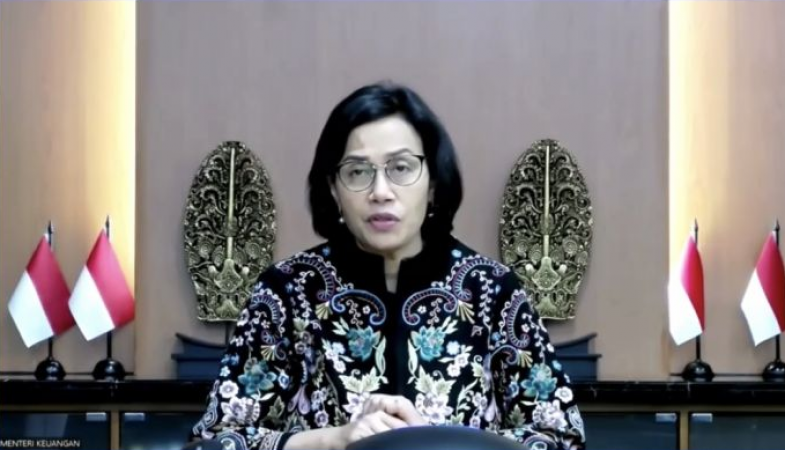
JAKARTA: According to Indonesia's Finance Minister Mr. Mulani Indrawati, the world economy is currently undergoing rapid changes, which is causing problems for decision makers around the world, including Indonesia.
“I think we can all agree that the current state of the global economy has evolved in a dynamic manner, is very troubling, and it is important to is posing challenges to our policy makers.
The minister said the challenge remains at a time when the COVID-19 pandemic is still on, and the economy is currently reeling under high inflation and the monetary response is at risk of recession.
Also Read: China's central bank: US dollar has "peaked" as the Fed considers a rate slowdown
Health crises were initially part of global risk, but have since expanded to include a variety of economic and financial concerns.
The International Monetary Fund (IMF) predicted that the rate of global economic growth would fall from 6% in 2021 to 3.2% in 2022 and 2.7% in 2023.
The minister claimed that the declining outlook for the world economy has pushed all countries, big and small, into a race for survival.
Also Read: US report refutes the claim that China's Belt and Road Initiative is a "debt trap"
Factors such as the conflict in Ukraine, which has actually created a crisis in the supply of food, energy and fertilizer, has made the situation worse.
In many developed countries, the war has resulted in the worst inflation in nearly 14 years, followed by even tighter monetary policy and skyrocketing interest rates.
This response has led to significant capital flight from many developing countries, weakening currencies.
The main issue facing many countries in the short term is how to combat inflation without weakening the economy, according to him.
Despite all this, some Asia-Pacific countries, including the Philippines, Thailand, Malaysia, Vietnam and Indonesia, continue to do well, according to Indrawati.
Also Read: Mohamed bin Zayed: UAE president orders $817 million in housing assistance for citizens
He used Indonesia as an example, noting the country's ability to maintain growth rates above 5% for four straight quarters. The country sees a growth of 5.7% in the third quarter of 2022. This growth has been greatly helped by robust exports and robust domestic demand supported by rising commodity prices.
Several other Asian-Pacific countries have also experienced relatively strong recovery. According to the minister, dealing with such a situation in 2023 will be one of the most difficult tasks for the policy makers.